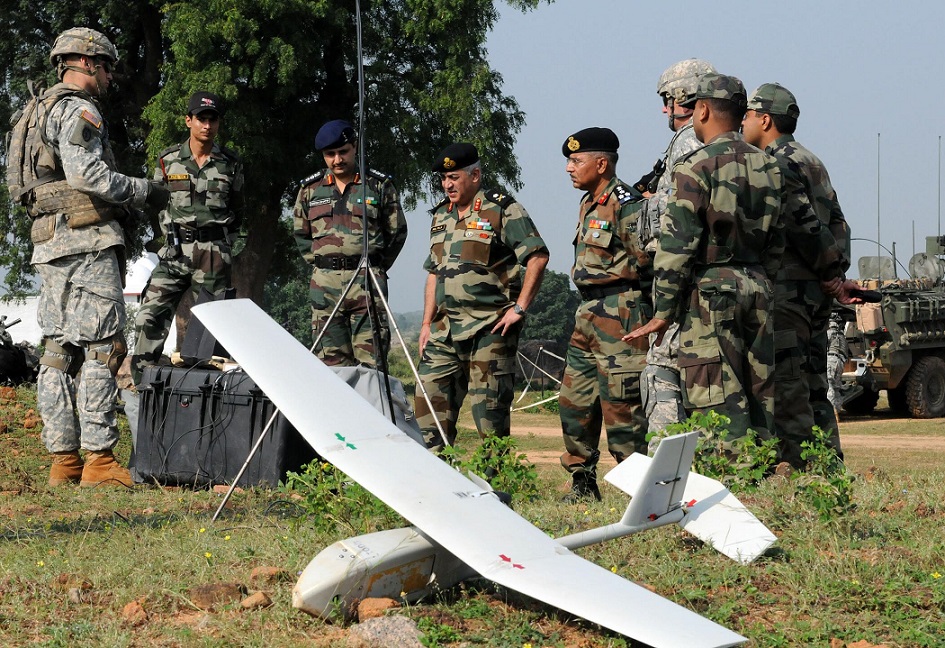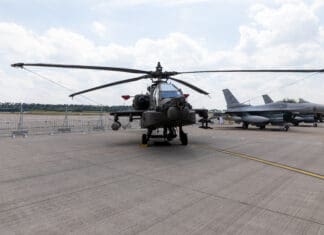This post is also available in:
 עברית (Hebrew)
עברית (Hebrew)
Almost all the Israeli UAV manufacturers offer systems in collaboration with Indian companies. The Indian demand to manufacture locally and the knowledge transfer decrease the profits of the winning companies, however, the giant Indian market is expected to publish additional tenders for all types of UAVs. Under these circumstances, Israeli companies will not be able to operate without the Indian partners which will receive know-how and parts of the manufacturing of the systems. The Indians will start publishing the results of the mini-UAV tenders at the beginning of 2018.
With objectives to maintain a strict vigil at the Pakistan and China border over terrorist activities, the Indian Army has accepted the tender inquiries for the acquisition of 600 mini Unmanned Aerial Vehicles (UAVs). A total of Rs 950 crore will be incurred to procure the devices through “Buy Indian” in an effort to give a boost to government’s ambitious programme, ‘Make in India’, according to uniindia.com. Under “Buy Indian” category, the preference in government procurement will be given to local suppliers.
The UAVs will be procured for the infantry battalions of the Indian Army. As per sources, each infantry battalion will be allocated one mini-UAV.
The Army’s proposal for mini-UAVs came after a similar move by the Directorate of Naval Air Staff, which has sought UAVs for maritime patrol use.
According to the RFIs, the mini-UAV system should comprise of three Aerial Vehicle (AV) or platforms, one man pack ground control station (MPGCS), one launch and recovery system, one remote video terminal (RVT), three complete sets of sensor package with all-weather day and Night capability, two way airborne data relay to control UAV beyond line of sight among others. The RFI also specified that the weight should be of 35 Kg. The mission range of the UAVs should be 10 km with loiter time of 45 minutes.

Arie Egozi,
Editor-in-Chief, iHLS


























